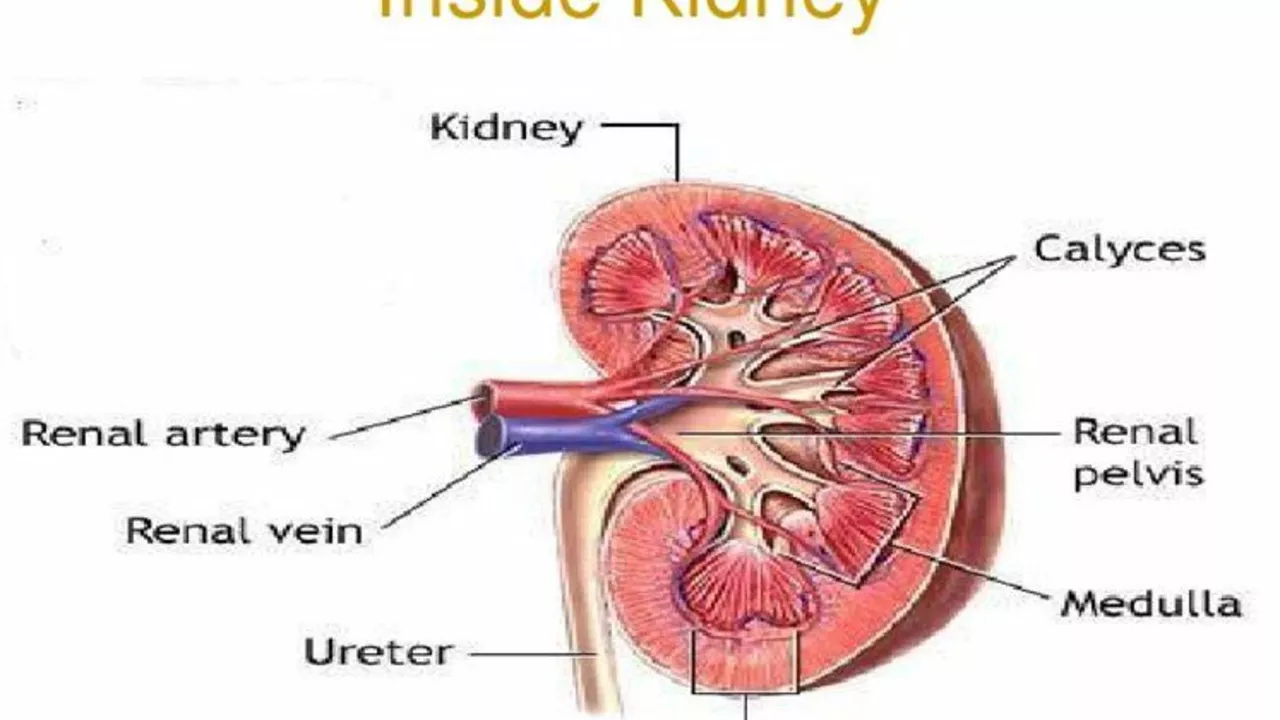Your kidneys work around the clock to filter waste, balance fluids, and keep blood pressure steady. Most people don’t notice any problem until something goes wrong, so it’s worth learning a few low‑effort habits that keep those little filters running smoothly.
Drink enough water. A common myth is that you need to chug gallons each day. The truth is simple: aim for about 8 cups (2 liters) of plain water a day, more if you sweat a lot or live in a hot climate. Water helps dilute urine and moves waste out faster.
Watch the salt. Too much sodium forces your kidneys to work harder to get rid of extra fluid. Try swapping table salt for herbs, lemon zest, or garlic. Processed foods are the biggest hidden source—look at labels and choose low‑sodium versions when you can.
Eat kidney‑friendly foods. Fresh fruits (berries, apples), veggies (bell peppers, cauliflower), and whole grains give antioxidants that protect renal cells. Limit red meat and sugary drinks because they raise the workload on your kidneys over time.
Control blood pressure. High pressure damages tiny kidney vessels. If you have hypertension, follow your doctor’s plan—often a mix of diet, exercise, and medication works best. Even a short walk most days can lower systolic numbers.
Be careful with meds. Over‑the‑counter pain relievers like ibuprofen or naproxen can hurt kidneys when taken regularly. If you need a daily anti‑inflammatory, ask your pharmacist for alternatives. Diuretics such as Lasix are useful for fluid overload, but only under medical supervision.
Stay active. Regular movement improves circulation and helps keep blood sugar steady—both important for kidney health. You don’t need a marathon; 30 minutes of brisk walking, cycling, or dancing a few times weekly is enough.
If you notice any of these signs—persistent fatigue, swelling in ankles or eyes, foamy urine, or changes in bathroom frequency—it’s time to talk to a doctor. Simple blood tests (creatinine, eGFR) and a urine dip can flag early trouble.
People with diabetes, high blood pressure, or a family history of kidney disease should get these checks at least once a year. Early detection lets you act before permanent damage sets in.
When your doctor orders medication that could affect the kidneys, ask about monitoring plans. Some drugs need dose adjustments based on kidney function; knowing this ahead of time saves headaches later.
Finally, remember that kidney health isn’t a one‑time fix—it’s a collection of everyday choices. By staying hydrated, cutting back on salt, eating fresh foods, watching blood pressure, and being smart about meds, you give your kidneys the best chance to work well for decades.
Got questions or want personalized advice? Drop a comment below or chat with a healthcare professional. Your kidneys will thank you for taking action today.
